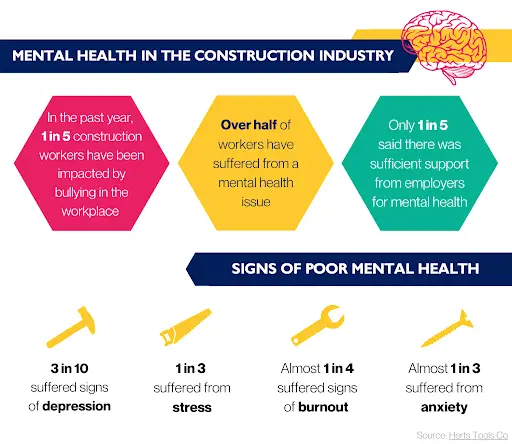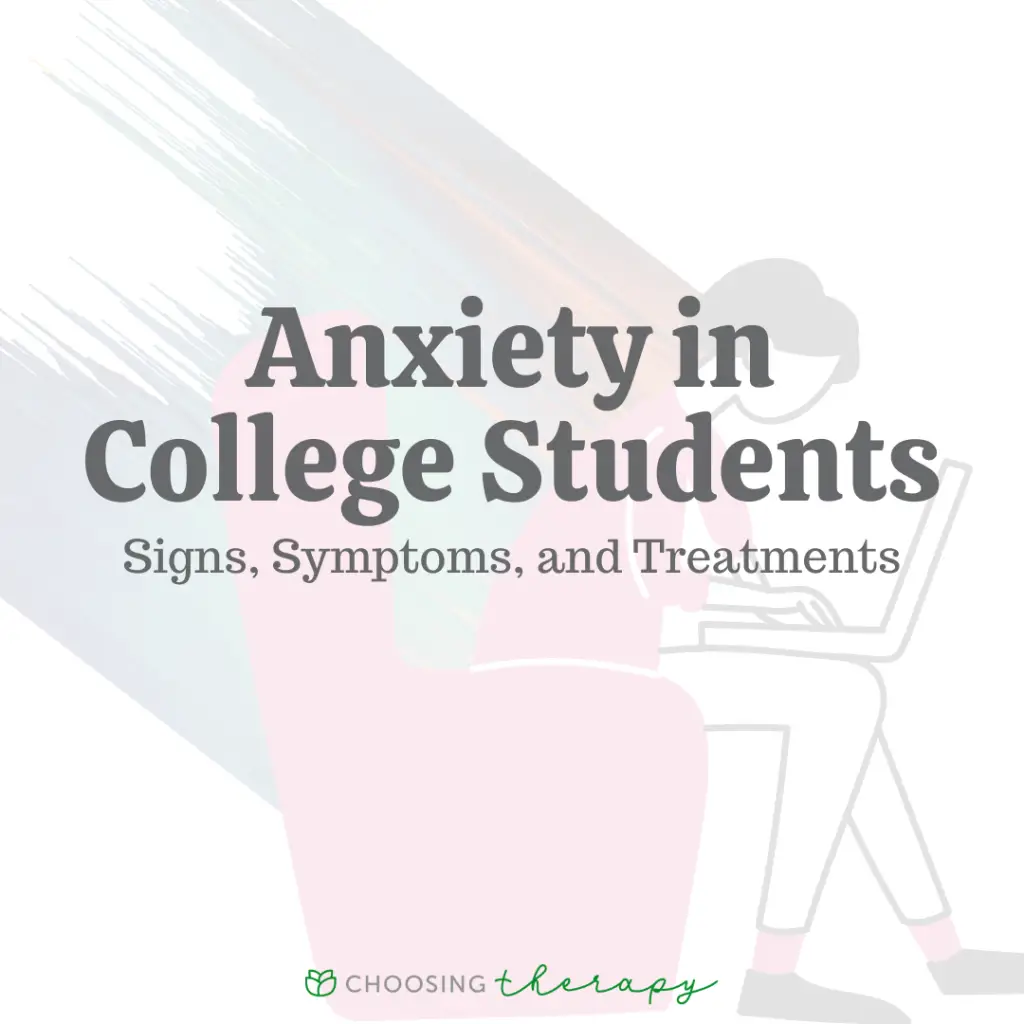Summer Anxiety: Understanding and Managing the Effects is a comprehensive guide that explores the real phenomenon of summer anxiety and provides valuable insights and strategies for coping with its effects. It delves into the common symptoms of summer anxiety, such as moodiness and increased sadness, and highlights the potential triggers that can exacerbate it. By emphasizing the importance of maintaining structure and routine, planning enjoyable activities, and seeking professional help if necessary, this product equips individuals with the tools they need to enjoy a fulfilling summer while effectively managing their anxiety. Stay tuned for Part 2, which will focus on tips for managing anxiety while on vacation.
Understanding Summer Anxiety
Definition and Overview of Summer Anxiety
Summer anxiety is a specific type of anxiety that occurs during the summer months. It is characterized by feelings of worry, apprehension, and unease that are heightened during this time of the year. People who experience summer anxiety may struggle with managing their emotions and find it difficult to enjoy the season.
Difference between Summer Anxiety and General Anxiety
While summer anxiety falls under the broader category of general anxiety, there are some key differences between the two. Summer anxiety is typically triggered by specific factors that are unique to this time of the year, such as changes in routine and schedule, pressure to engage in enjoyable activities, and the possibility of experiencing Summer Seasonal Affective Disorder (SAD).
Prevalence and Demographic Statistics on Summer Anxiety
The prevalence of summer anxiety varies among individuals, but it is estimated that a significant number of people experience some level of anxiety during the summer months. Although there is limited research on specific demographic statistics related to summer anxiety, it is believed that anyone can be affected by it, regardless of age, gender, or background.
Signs and Symptoms of Summer Anxiety
Common Physical Symptoms
Physical symptoms of summer anxiety can vary from person to person, but some common signs include increased heart rate, trembling or shaking, dizziness, difficulty breathing, restlessness, and sweating. These symptoms may be exacerbated by the heat and humidity that are often associated with the summer season.
Emotional and Psychological Signs
In addition to physical symptoms, individuals with summer anxiety may also experience emotional and psychological signs. These can include increased irritability, moodiness, feelings of sadness or emptiness, difficulty concentrating, racing thoughts, and a sense of impending doom or danger.
Behavioral Changes Associated with Summer Anxiety
Summer anxiety can also manifest through behavioral changes. People may exhibit avoidance behaviors, such as isolating themselves from social situations or avoiding certain activities that they associate with their anxiety. Additionally, individuals may experience changes in their sleep patterns, appetite, or engagement in activities they once enjoyed.

This image is property of lirp.cdn-website.com.
Causes of Summer Anxiety
Role of Changes in Routine and Schedule
The disruption of regular routines and schedules that often occur during the summer months can contribute to the development or exacerbation of anxiety. Changes in sleep patterns, work or school schedules, and daily responsibilities can disrupt stability and trigger feelings of anxiety.
Influence of Pressure to Enjoy Summer Activities
The pressure to have a “perfect” summer filled with enjoyable activities can be overwhelming for some individuals. They may feel the need to constantly participate in social events, go on vacations, or engage in outdoor activities, which can lead to increased anxiety and feelings of inadequacy or FOMO (fear of missing out).
The Concept of Summer Seasonal Affective Disorder (SAD)
Summer Seasonal Affective Disorder, or summer SAD, is a condition in which individuals experience depressive symptoms during the summer months. While it is less common than winter SAD, it can still contribute to the development of anxiety. The longer days, increased sunlight, and heat can disrupt circadian rhythms and affect mood and energy levels.
Other Underlying Causes of Summer Anxiety
It is important to note that summer anxiety can also be influenced by other underlying causes, such as previous traumatic experiences during the summer, financial stress related to vacations or summer activities, or the fear of change or uncertainty that often accompanies the season.
Summer Anxiety and Pre-existing Mental Health Conditions
Effect of Summer Anxiety on Pre-existing Anxiety and Depression
For individuals who already experience anxiety or depression, summer anxiety can exacerbate their symptoms and make it more challenging to manage their mental health. The added pressure and expectations of the summer season can intensify feelings of anxiety and depression, making it crucial for individuals to prioritize self-care and seek appropriate treatment.
Role of Summer in Exacerbating Other Mental Health Issues
In addition to impacting pre-existing anxiety and depression, summer anxiety can also worsen other mental health conditions. Conditions such as obsessive-compulsive disorder (OCD), social anxiety disorder, and specific phobias may become more challenging to manage due to the unique stressors and triggers present during the summer months.
Importance of Managing Summer Anxiety in Individuals with Mental Health Conditions
Proactive management of summer anxiety is especially important for individuals with pre-existing mental health conditions. It is essential that they develop coping strategies, seek support from mental health professionals, and create a self-care routine to help alleviate symptoms and promote overall well-being during the summer season.

This image is property of lirp.cdn-website.com.
Impacts of Summer Anxiety
Effect on Daily Life and Productivity
Summer anxiety can significantly impact an individual’s daily life and productivity. People may find it difficult to focus on tasks or engage in work or school-related activities due to heightened feelings of anxiety. This can lead to decreased productivity, increased stress, and potential negative consequences in various aspects of life.
Impact on Relationships and Social Interactions
The effects of summer anxiety can also extend to personal relationships and social interactions. Individuals may withdraw from social situations, resulting in feelings of isolation or loneliness. Anxiety can also cause irritability and moodiness, potentially straining relationships with loved ones or impacting the ability to form new connections.
Long-term Health Consequences
If left untreated or unmanaged, summer anxiety can have long-term health consequences. Chronic anxiety can contribute to the development of other physical and mental health conditions, such as cardiovascular problems, weakened immune system, and an increased risk of developing chronic conditions like depression or generalized anxiety disorder.
Identifying Triggers for Summer Anxiety
Recognizing Personal Triggers
An important step in managing summer anxiety is identifying personal triggers that exacerbate symptoms. Triggers can vary greatly from person to person, but common examples include excessive heat or sun exposure, social gatherings or events, changes in routine or schedule, and feelings of pressure or expectations.
Role of Journaling and Mindfulness in Identifying Triggers
Journaling and mindfulness practices can be effective tools in identifying triggers for summer anxiety. By recording thoughts, emotions, and external factors that contribute to feelings of anxiety, individuals can better understand the patterns and specific triggers that affect their mental well-being.
Importance of Acknowledging Triggers in Managing Summer Anxiety
Once triggers have been identified, it is crucial to acknowledge and validate them. By recognizing what specific situations or factors contribute to anxiety, individuals can take proactive steps to manage or avoid those triggers, ultimately promoting a more positive and manageable summer experience.

This image is property of lirp.cdn-website.com.
Strategies for Managing Summer Anxiety
Importance of Routine and Structure
Establishing and maintaining a routine and structure can be highly beneficial for managing summer anxiety. This can include setting consistent sleep and wake times, scheduling regular meals and exercise, and incorporating relaxation techniques or mindfulness practices into the daily routine.
Benefits of Scheduling Downtime
Scheduling downtime allows individuals to recharge, relax, and engage in activities they find enjoyable or restorative. By intentionally carving out time for self-care and relaxation, individuals can alleviate feelings of overwhelm and anxiety and promote overall well-being during the summer months.
Effective Ways to Avoid Excessive Heat
Excessive heat can be a trigger for summer anxiety, so it is important to take steps to avoid it. This can include staying hydrated, seeking shade or cooler environments, wearing light and breathable clothing, and using sunscreen to protect against sunburn and its potential impact on mental well-being.
The Role of Enjoyable Activities in Managing Anxiety
Engaging in enjoyable activities can serve as a helpful distraction and boost mood and overall well-being. Whether it’s pursuing a hobby, spending time with loved ones, or participating in outdoor activities, intentionally incorporating enjoyable activities into daily life can help manage summer anxiety and promote a positive mindset.
Professional Help for Summer Anxiety
When to Seek Professional Help
It is important to recognize when summer anxiety becomes overwhelming and begins to significantly impact daily life. If symptoms persist, worsen, or interfere with normal functioning, it may be beneficial to seek professional help. Mental health professionals can provide guidance, support, and evidence-based interventions to help manage summer anxiety.
Types of Professionals Who Can Help
Various professionals can assist individuals experiencing summer anxiety. This can include therapists, psychologists, psychiatrists, and counselors who specialize in anxiety disorders or seasonal affective disorder. These professionals can develop personalized treatment plans, offer counseling or therapy sessions, and provide appropriate medications if necessary.
Role of Therapy and Medications in Managing Summer Anxiety
Therapy, such as cognitive-behavioral therapy (CBT), can be highly effective in managing summer anxiety. CBT helps individuals identify and change negative thought patterns and develop coping strategies to manage anxiety symptoms. In some cases, medications may be prescribed to alleviate symptoms and support individuals in managing their anxiety.

This image is property of lirp.cdn-website.com.
Preventing Summer Anxiety
Prevention Strategies and Their Effectiveness
Prevention strategies can play a significant role in managing summer anxiety. These can include practicing self-care, maintaining a balanced lifestyle, proactively managing stress, setting realistic expectations, and seeking support from loved ones or mental health professionals. Prevention strategies can help minimize the impact of summer anxiety and improve overall well-being.
Role of Lifestyle Changes in Prevention
Lifestyle changes can contribute to preventing summer anxiety. This can include prioritizing regular physical activity, consuming a balanced diet, getting enough sleep, and incorporating stress management techniques, such as meditation or deep breathing exercises. A holistic approach to self-care can make a positive difference in managing anxiety during the summer months.
Long-term Preventive Measures
In addition to short-term prevention strategies, long-term preventive measures can be considered. This can involve developing strong coping skills, enhancing emotional resilience, and consistently practicing stress reduction techniques. By proactively addressing anxiety throughout the year, individuals can build a foundation for managing summer anxiety more effectively.
Managing Summer Anxiety While on Vacation
Challenges of Managing Anxiety on Vacation
Vacations can present unique challenges for individuals with summer anxiety. Being in unfamiliar environments, disrupted routines, and increased social interactions can trigger feelings of anxiety. Additionally, the pressure to relax and have a good time can create unrealistic expectations that contribute to anxiety.
Effective Coping Strategies for Vacation Anxiety
Coping strategies for managing vacation anxiety can include planning ahead, creating a flexible itinerary, setting realistic expectations, and practicing self-care throughout the trip. It can be helpful to identify relaxation techniques or grounding exercises that can be easily incorporated into the vacation routine.
The Role of Planning and Preparedness in Managing Vacation-Associated Anxiety
Engaging in thorough planning and preparedness can help individuals feel more in control and alleviate anxiety associated with vacations. This can involve researching destinations, creating a packing list, establishing travel itineraries, and ensuring access to necessary medications or support systems during the trip.
In conclusion, summer anxiety is a real phenomenon that can impact individuals’ mental health and overall well-being. By understanding the causes, signs, and triggers of summer anxiety, individuals can develop effective strategies to manage their symptoms, seek professional help when needed, and actively prevent the onset or worsening of anxiety during the summer months. By prioritizing self-care, creating structure and routine, and engaging in enjoyable activities, individuals can make the most of their summer and experience a greater sense of well-being. With proper management and support, it is possible to have a fulfilling and anxiety-free summer season.

This image is property of lirp.cdn-website.com.


